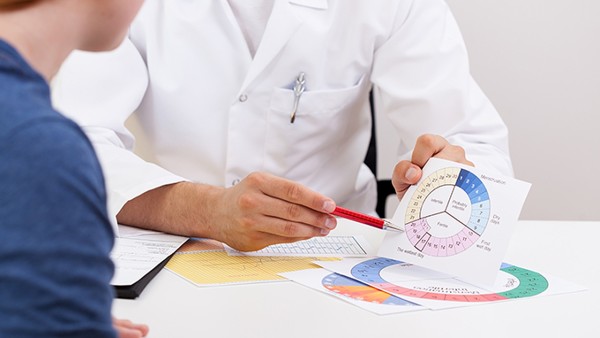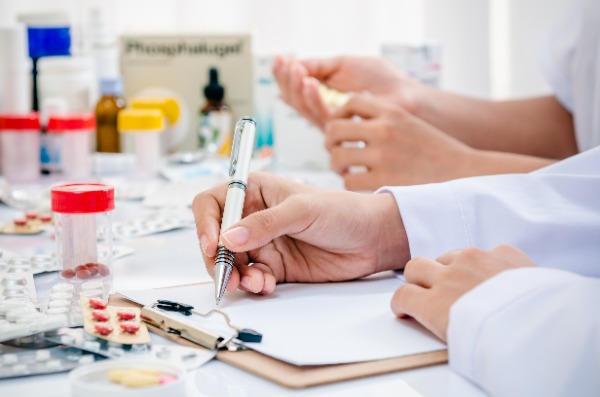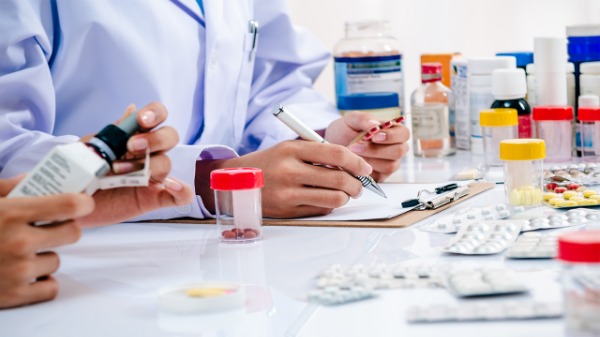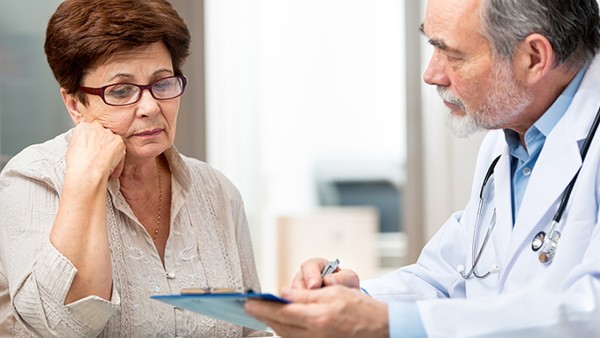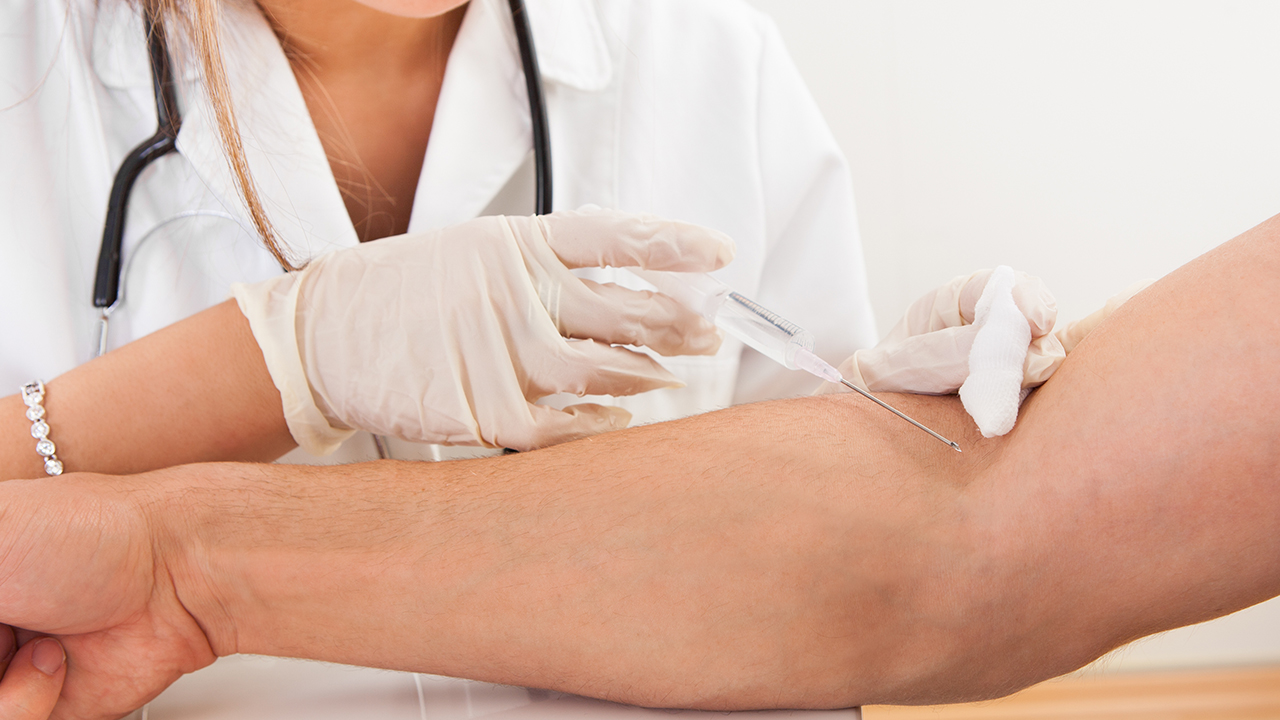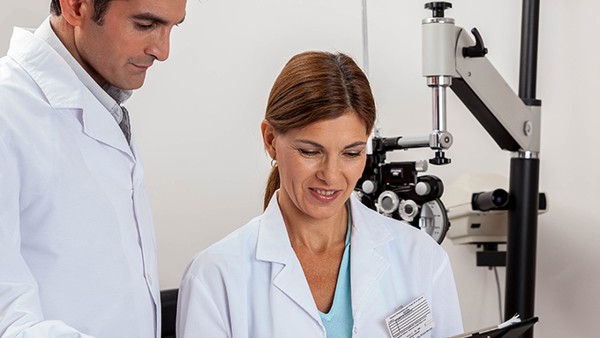These 6 Types of People Should Be Careful About AIDS Coming to Their Doorsteps
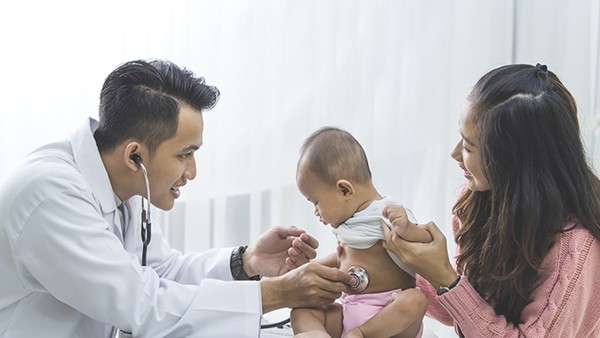
AIDS is a serious disease that can lead to death. It is caused by the human immunodeficiency virus (HIV), which attacks the body's immune system. There is no cure for AIDS, but there are treatments that can help people manage the disease and live longer, healthier lives.
Anyone can get HIV, but some people are at higher risk than others. These include:
Men who have sex with men (MSM)
People who inject drugs
People who have unprotected sex with someone who has HIV
People who have been exposed to HIV through a blood transfusion or organ transplant
Babies born to mothers who have HIV
If you are at risk for HIV, it is important to get tested regularly. Early diagnosis and treatment can help you stay healthy and prevent the spread of HIV.
Symptoms of AIDS
The symptoms of AIDS can vary depending on the stage of the disease. In the early stages, people may experience flu-like symptoms, such as fever, chills, fatigue, and muscle aches. As the disease progresses, people may develop more serious symptoms, such as:
Weight loss
Night sweats
Swollen lymph nodes
Skin rashes
Mouth sores
Diarrhea
Pneumonia
Dementia
Treatment for AIDS
There is no cure for AIDS, but there are treatments that can help people manage the disease and live longer, healthier lives. These treatments include:
Antiretroviral therapy (ART): ART is a combination of drugs that help to suppress HIV and prevent it from multiplying. ART can help people with HIV live longer, healthier lives.
Opportunistic infection (OI) prophylaxis: OI prophylaxis is a type of medication that helps to prevent or treat infections that can occur in people with HIV.
Other treatments: There are a variety of other treatments that can help people with HIV manage their symptoms and improve their quality of life. These treatments include pain medication, anti-nausea medication, and nutritional support.
Preventing AIDS
There is no vaccine for AIDS, but there are a number of things you can do to prevent getting the disease. These include:
Get tested for HIV regularly, especially if you are at high risk.
Use condoms every time you have sex.
Do not share needles or other drug paraphernalia.
Get vaccinated against hepatitis B and other STIs.
Talk to your doctor about pre-exposure prophylaxis (PrEP) if you are at high risk for HIV.
The Importance of Early Diagnosis and Treatment
Early diagnosis and treatment of HIV is essential for preventing the spread of the disease and improving the quality of life for people with HIV. If you think you may have been exposed to HIV, get tested as soon as possible. Early diagnosis and treatment can help you stay healthy and prevent the spread of HIV.
Resources for People with HIV
There are a number of resources available to help people with HIV manage their disease and live longer, healthier lives. These resources include:
The National AIDS Hotline: 1-800-HIV-0440
The Centers for Disease Control and Prevention (CDC): https://www.cdc.gov/hiv/
The National Institute of Allergy and Infectious Diseases (NIAID): https://www.niaid.nih.gov/diseases-conditions/hiv-aids
The Elizabeth Glaser Pediatric AIDS Foundation: https://www.pedaids.org/
The American Foundation for AIDS Research (amfAR): https://www.amfar.org/
The above is all the content that the editor wants to share with you. I sincerely hope that these contents can bring some help to your life and health, and I also wish that your life will be happier and happier.
Tags: #people #should #be
